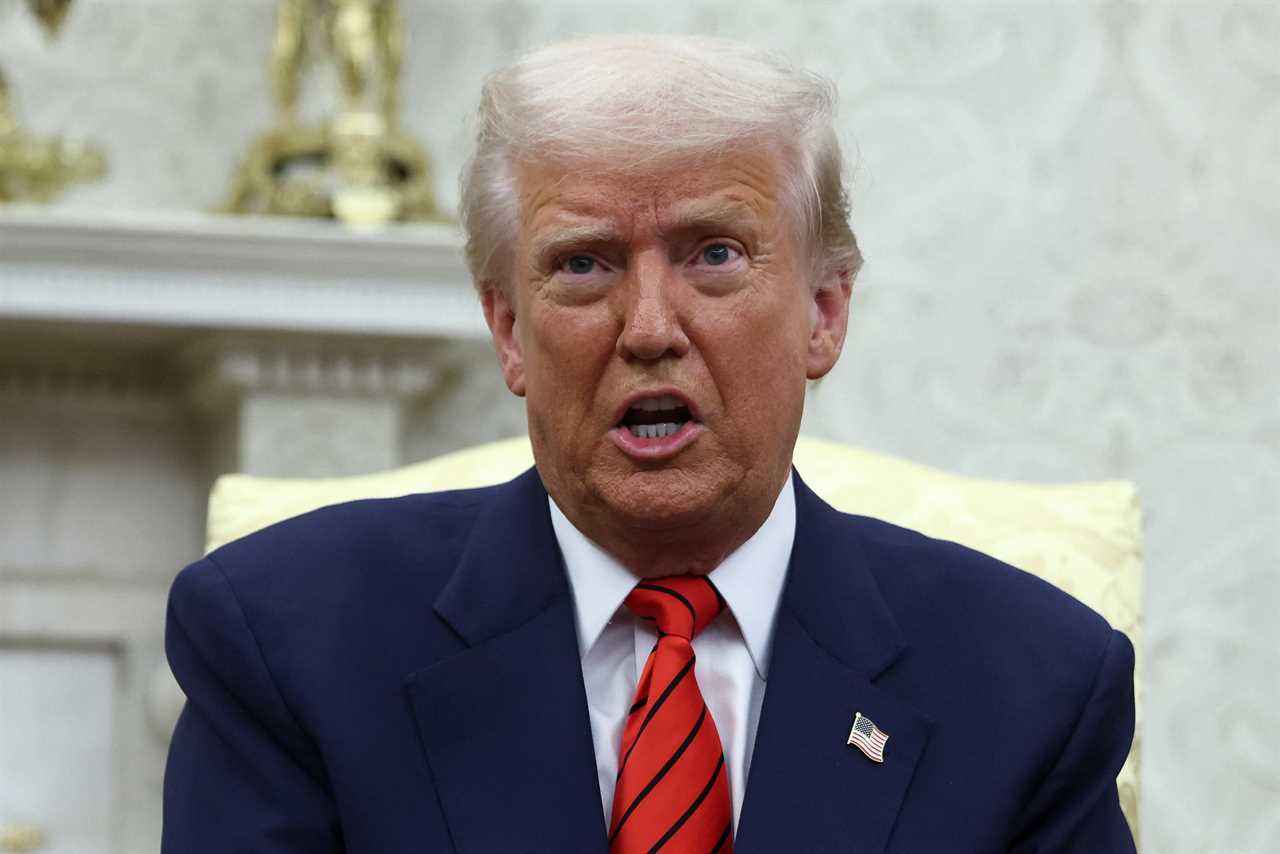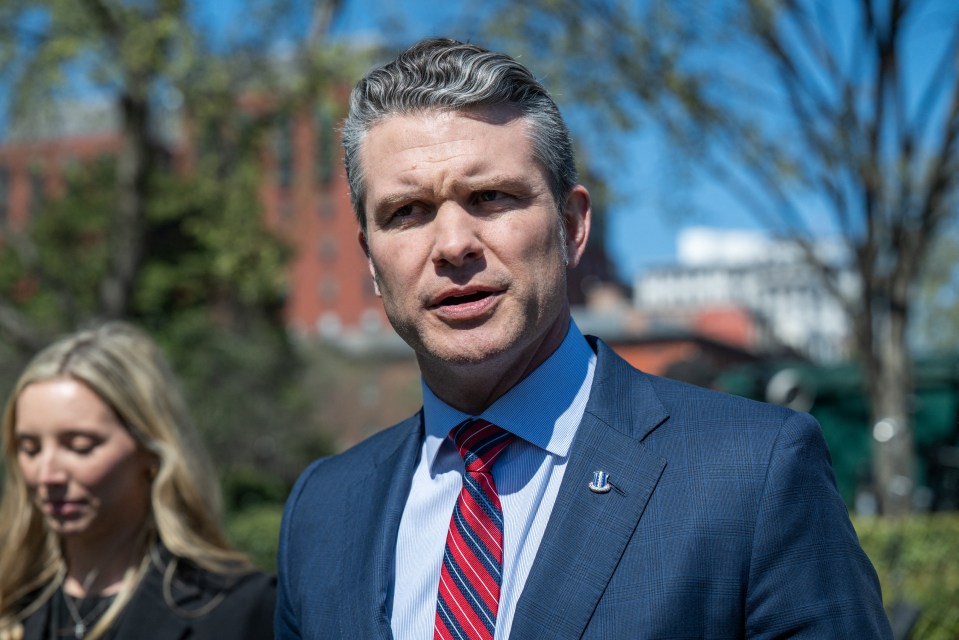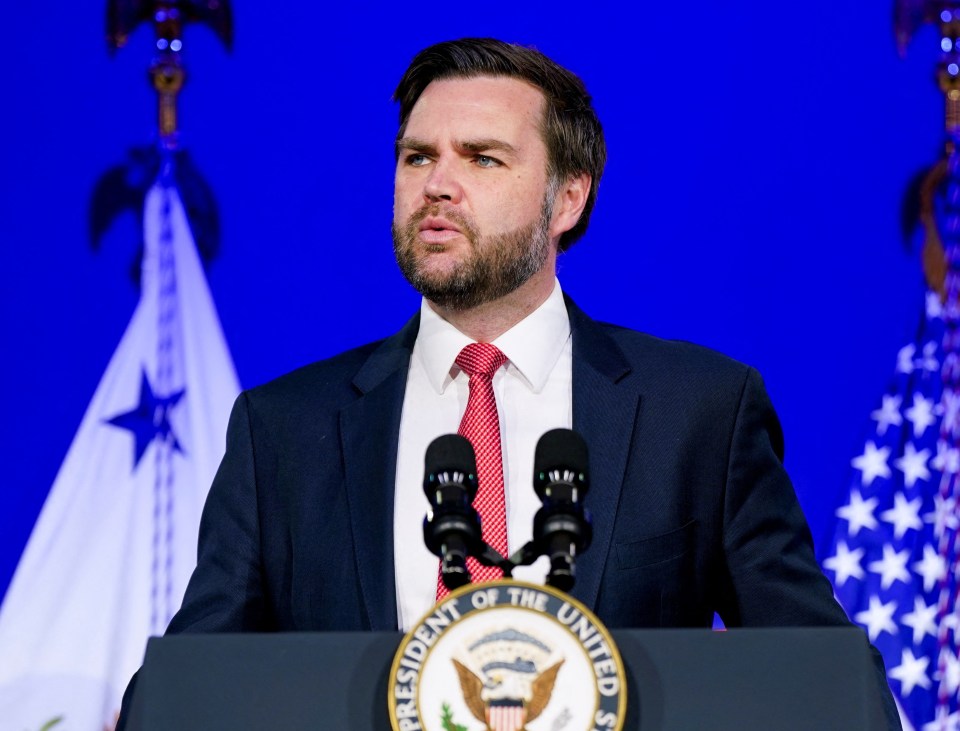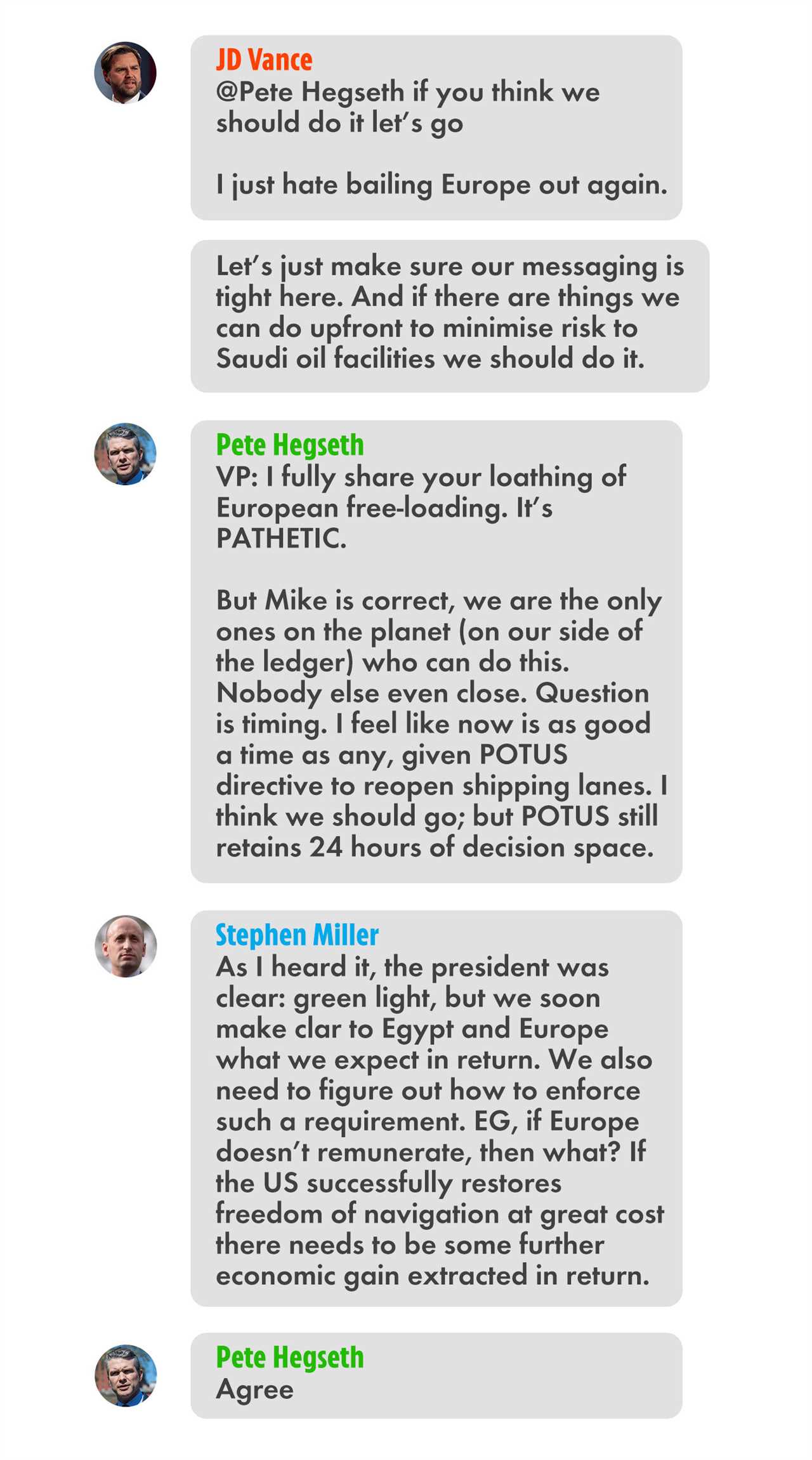
Jesus Christ. I never thought I'd see the day when a conspiracy theorist with a Twitter account could walk into the Oval Office and get people fired. But here we are in Trump's America 2.0, and it's even wilder than the first go-round.
So here's what went down: Trump just axed several National Security Council officials, and word is, there's more heads about to roll. My source at the White House (who texted me at 2am last night all panicky) says the whole thing started when far-right activist Laura Loomer—yeah, THAT Laura Loomer—convinced Trump these staffers weren't loyal enough to him.
Loyalty. Always with the loyalty.
The Conspiracy Whisperer Gets Her Way
Apparently Loomer strutted into the Oval on Wednesday with a folder full of what she called "research" (God knows what that consisted of). She sat there with Trump, JD Vance, Susie Wiles, Mike Waltz and some guy named Sergio Gor from Personnel, making her case for why these people needed to go.

By Thursday, Brian Walsh (intelligence director), Thomas Boodry (legislative affairs), and David Feith (tech and national security) were all cleaning out their desks. Just like that. Gone.
I spent $200 on drinks with a former NSC staffer back in 2022 who told me this kinda thing would happen if Trump got back in. I laughed it off then. Who's the smartass now? Me, I guess.
Wait, isn't this the same team that can't use Signal properly?
The timing here is... interesting. These firings come right after that embarrassing Signal chat fiasco where Trump's national security team accidentally added a journalist to their private war room discussions. Oops.
For those who missed that spectacular screw-up: Trump's team was trash-talking European allies in a group chat, calling them "pathetic free-loaders," when someone (reportedly Waltz) accidentally added Atlantic editor Jeffrey Goldberg to the conversation. The whole thing went public. It was like watching someone accidentally reply-all to an email talking shit about teh boss.

One White House insider summed up the general sentiment about National Security Adviser Mike Waltz after that blunder: "Everyone in the White House can agree on one thing: Mike Waltz is a f***ing idiot."
Loomer's Victory Lap
Look, I've covered politics since 2008, and I've never seen anything quite like this. Loomer—a woman who's pushed 9/11 conspiracy theories and was banned from most social platforms at one point—is now effectively helping decide who stays and who goes in national security positions.
She's been all over social media bragging about her influence. "It was an honor to meet with President Trump and present him with my research findings," she posted on X.
My editor thinks this is just the beginning. "Trump's letting the foxes redesign the henhouse," he said yesterday over lunch. Poor guy couldn't even finish his sandwich.

The Signal Disaster That Started It All
I still can't get over how amateurish that Signal mess was. In the leaked messages, VP Vance whined: "I just hate bailing Europe out again." Defense Secretary Hegseth chimed in with: "I fully share your loathing of European free-loading. It's PATHETIC."
They were also arguing about strikes against Houthis in Yemen, with Vance concerned about oil prices and whether Trump would approve. It was basically a peek into how the sausage gets made... except nobody was supposed to see it.
And now people are losing their jobs.
I reached out to three of the fired staffers. Only one responded with a brief "No comment," which in DC speak translates to "I'm updating my LinkedIn while talking to my lawyer."

So... what happens to our national security now?
That's the million-dollar question, isn't it? When you start firing national security professionals based on loyalty tests from conspiracy theorists... well, let's just say I'm not sleeping any better at night.
The whole thing feels like watching someone replace the pilots mid-flight because a passenger didn't like their political views. What could possibly go wrong?
I'll keep digging on this. My source promises more names are coming—apparently there's a list. God help us.
Frequently Asked Questions
What is the role of a politician?
A politician is an individual who is actively involved in politics, typically as a member of a political party or a government. Their primary role includes representing the interests of their constituents, making decisions on public policy, and contributing to the legislative process.
What are civil rights?
Civil rights are the rights that protect individuals' freedoms from infringement by governments, social organizations, and private individuals. These rights include the right to free speech, freedom of religion, and the right to due process.
What are the different types of political systems?
Political systems can be categorized into several types, including democracy, authoritarianism, monarchy, and oligarchy. Each system has distinct characteristics regarding how power is obtained and exercised, and how citizens participate in governance.
What is the role of the judiciary in politics?
The judiciary interprets and applies the law, ensuring justice and upholding the constitution. It serves as a check on the powers of the legislative and executive branches, protecting individual rights and maintaining the rule of law.
What is the importance of political participation?
Political participation is vital for a healthy democracy, as it allows citizens to express their opinions, influence decision-making, and hold elected officials accountable. Engaged citizens contribute to the legitimacy of the political system.
What is political accountability?
Political accountability refers to the obligation of elected officials and government institutions to be answerable to the public for their actions and decisions. Mechanisms for accountability can include elections, audits, and transparency initiatives.
What is the significance of political parties?
Political parties play a crucial role in organizing political activity, representing diverse viewpoints, and facilitating the electoral process. They provide voters with choices and help structure political debate and policy-making in a system.
Statistics
- In many countries, political parties receive about 60% of their funding from private donations, raising concerns about transparency and influence.
- Approximately 60% of eligible voters in the United States participated in the 2020 presidential election, marking the highest turnout rate in over a century.
- Surveys show that nearly 70% of voters prioritize environmental issues when selecting candidates for public office.
- Research indicates that social media platforms play a role in shaping public opinion, with 70% of users getting their news from these sources.
- Research indicates that around 80% of individuals in democracies feel that their government does not adequately represent their interests.
- Historically, voter turnout among young people (ages 18-29) increased by 50% from the previous election cycle in the 2020 presidential election.
- Studies show that political polarization has increased significantly, with 80% of individuals stating they have little to no contact with those of opposing political views.
- According to recent studies, around 75% of Americans believe that campaign financing significantly impacts election outcomes.
External Links
How To
How To Understand Legislative Processes
Understanding legislative processes is essential for effective civic engagement. Start by familiarizing yourself with your country's legislative structure, including the roles of the executive, legislative, and judicial branches. Learn about the stages a bill must go through, such as introduction, committee review, and voting. Follow local legislative sessions through official websites or news outlets to observe the process in action. Engaging with advocacy groups can provide insights into how legislation impacts specific issues. This knowledge empowers you to participate more effectively in political discourse.
Did you miss our previous article...
https://hellofaread.com/politics/trumps-latest-tariff-tantrum-targets-penguin-colonies-the-liberation-day-shitshow-nobody-asked-for
 PoliticsRoyaltySoap OperaGamingMoneyPrivacy PolicyTerms And Conditions
PoliticsRoyaltySoap OperaGamingMoneyPrivacy PolicyTerms And Conditions
